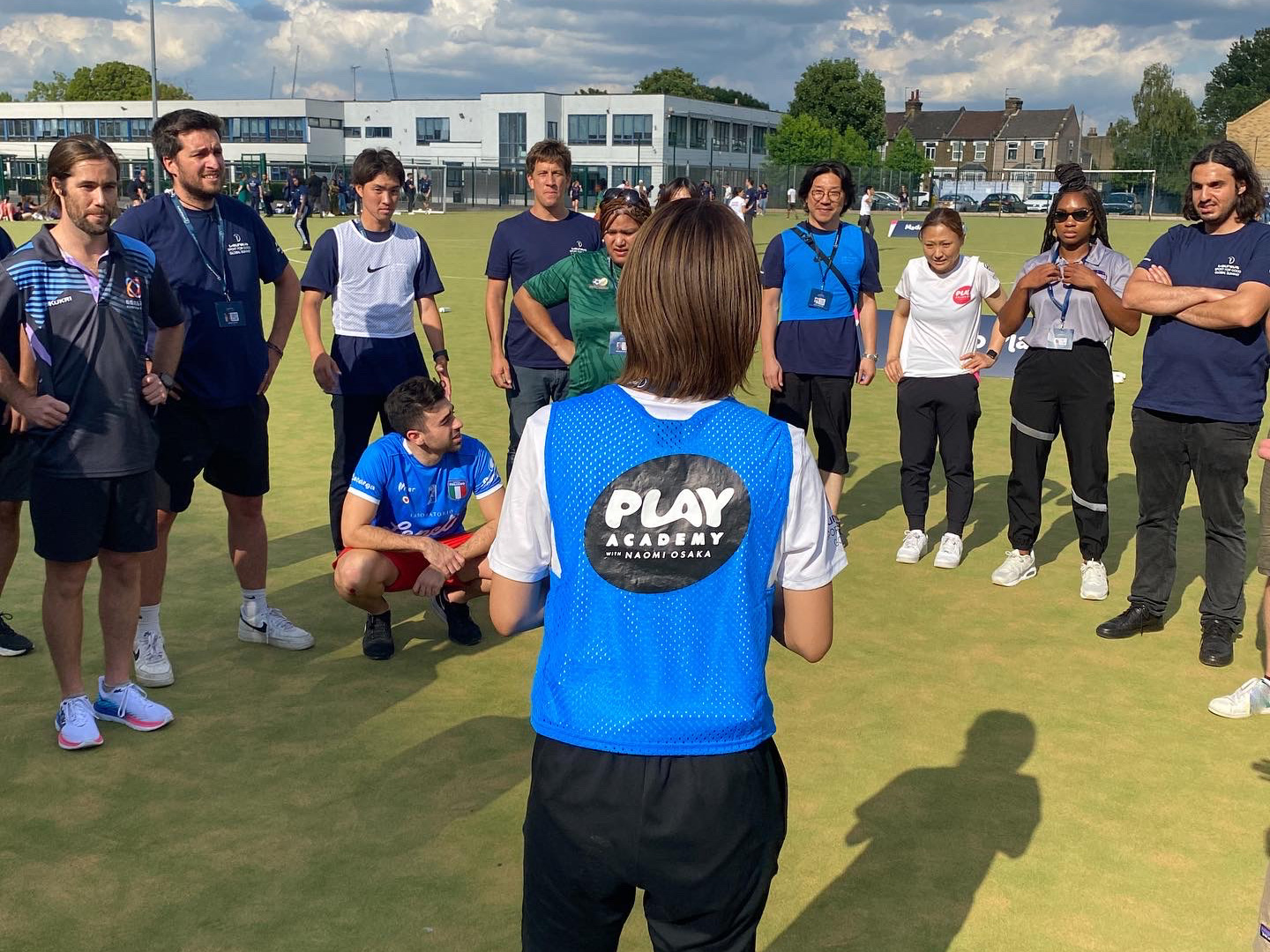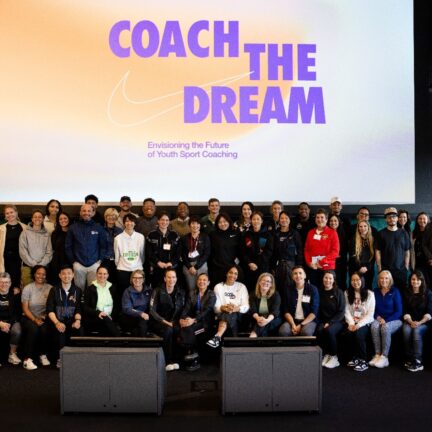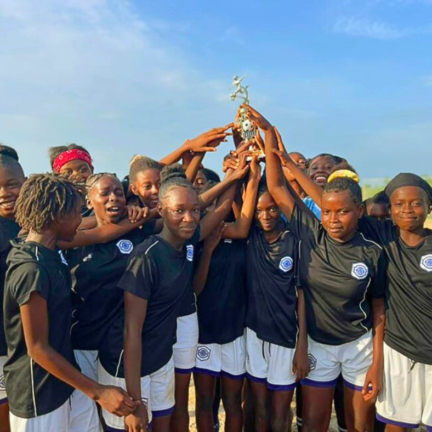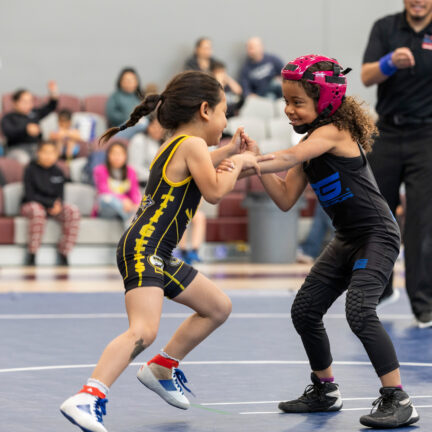Investment, empowerment and motivation were the common themes mentioned during Play Academy with Naomi Osaka’s online Sharing Community with its Japanese grantee partners and wider sport-based youth development network.
The event was an opportunity for participants who represented Japan at June’s Laureus Sport for Good Global Summit hosted in London, to reflect on their experience and pass on knowledge with the rest of their community.
“My most memorable takeaway from the Summit was realizing the importance of investing in women, and how that leads to overall societal improvement,” said Keisuke Ishiwata from SPOCOM, a Play Academy grantee partner that delivers development programs.
Machi Orime, from Play Academy’s training partner S.C.P. Japan, echoed the idea: “The term investment came up a lot in the Summit – by investing money and human resources for girls’ not only benefits the girls themselves, but also contributes to the broader societal changes.”
Yui Shirai from Monkey Magic, Kiyoko Hashimoto from Yamato Sylphid, Akane Yamauchi from SPOCOM and Yuki Shigenami from S.C.P. Japan also attended the Summit hosted in London, and participated in the Sharing Community in July that saw 30 attendees total. They discussed how easy it is to get caught up in the everyday hustle to provide sports activities for girls. Sometimes they become tangled in the barriers and challenges they face, making it difficult to see the bigger picture of why they’re working in sport for development.
“While my actions are still small now, I understood that it connects to this bigger vision, so that made me feel confident,” Hashimoto reflected on her inspiration from the Global Summit.
Furthermore, the six speakers agreed that the Summit not only empowered them as coaches and program leaders, but helped motivate each other in the same field.
After the Sharing Community, participants completed a survey about their experience and feedback on improvement:
“I gained insights into the global demand for empowering women through sports, recognizing its direct connection to societal transformation,” wrote one participant.
Those who Summit attendees specifically shared practical learnings from their time in London.
Keita Suzuki from Ryutsu Keizai University, whose aim is to deliver rugby programs to girls, introduced a playbook from the breakout session by the Center for Healing and Justice Through Sport (CHJS) . The playbook included a checklist for “Creating Safe Environments,” which he found to be a practical tool to assure a safe space for kids.
During one of the Summit panel discussions, Etsuko Yamada, Head of International Sport for Development at Japan Sports Council (JSC) introduced a guidebook titled “Bridging the Divide in Sport and in Sustainable Development.” Hiroya Nakamura from Momoyama Gakuin University of Education introduced the guidebook in the Sharing Community mentioning that “it is a very helpful resource in bridging the gap between a program organizer and implementor.”
In the survey that followed the online event, one participant said they are “eager to immediately incorporate these tools and knowledge into coaching children and other activities.”
The online sharing community was part of the Play Academy’s wider Coaching Network Program for Gender Equality in Sport launched in April to build a more gender-inclusive environment and level the playing field for girls in Japan. The first training was held in May focused on tackling gender stereotypes.



